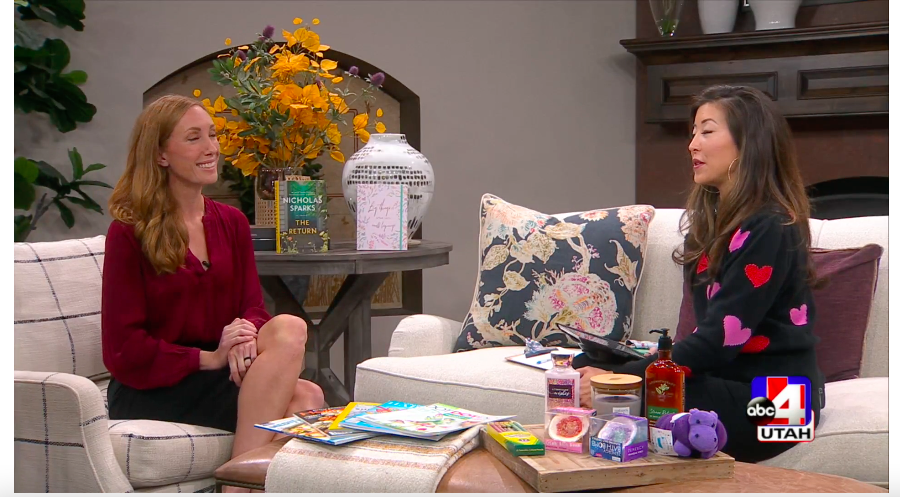Check out our latest segment on ABC4’s Good Things Utah!
Jessie Shepherd, LCMHC and Clinical Director from Blue Clover Therapy was in studio today to talk about timeouts. Not only do kids need timeouts sometimes, so do parents! Parent timeouts are imperative right now, with 90% of parents stating that they have yelled at their children (Southern Methodist University of Dallas, 2018).
- Stress levels:
We are all under a great deal of stress right now so tolerance is very low for both parents and kids.
- Mindful awareness:
We need to be very aware of how we are feeling and how thin our patience is in the moment.
- Self care:
It can be difficult to not feel guilty/find the time to do self care, but we must do it. It helps us increase our tolerance and clear our minds for the day to day stresses.
How to do a timeout right:
- Don’t wait until you’re over the top mad. (mindfulness)
- Be calm and direct. A mantra or script is useful here.
- Know the purpose of a time out. We are taking this time to create space to use coping skills and manage emotions.
- Come back. A discussion afterwards is imperative for all parties to understand why the timeout needed to occur. Be honest and use emotional talk. This models emotional intelligence in conversation for your children.
- Don’t go for your phone! Our phones serve more as a distraction then a way to become mindful of our current emotional state. Make sure your time out spot has real life, tangible items to refocus. Magazines, coloring books, or a journal are good items to have on hand.
Contact information:
Jessie Shepherd, MA, LCMHC is a Mental Health Counselor in Utah. She has a Masters Degree in Mental Health Counseling from the University of Phoenix and a Bachelors degree in Psychology from the University of Utah. Her focus is treating trauma, eating disorders and adjustment issues in adults, adolescents, children and their families. She utilizes Dialectic Behavioral Therapy (DBT), Play Therapy, Eye Movement Desensitization and Reprocessing (EMDR) and Neurological Feedback. She also works with performance anxiety and performance enhancement using EMDR and Neurological Feedback.

